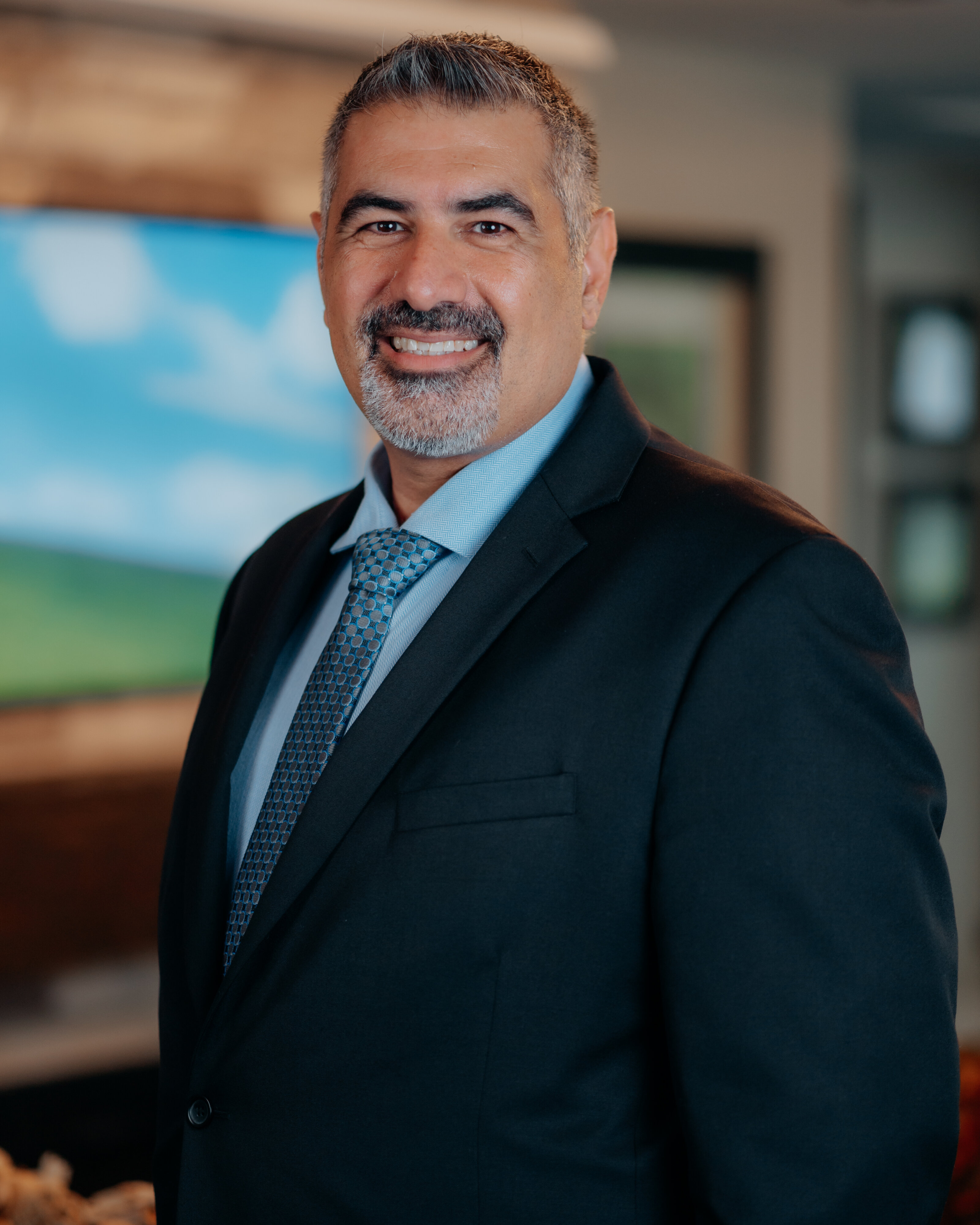Losing someone you love is always painful. But when that loss happens because of someone else’s negligence or wrongdoing, the grief can feel even heavier. Along with the emotional toll, you may also be facing financial strain, especially if your loved one helped support you or your family.
In California, the law allows certain family members to file a wrongful death lawsuit. This type of legal action gives you the chance to hold the at-fault party accountable and recover compensation for the harm you’ve suffered. If you’re in Ventura and wondering if you’re eligible to file, we’ll explain how it works in plain terms.
Who Has the Right to File a Wrongful Death Claim in Ventura?
Not everyone affected by a wrongful death has the legal right to bring a claim. California law outlines a list of individuals who may file a wrongful death lawsuit, depending on their relationship to the person who passed away.
Here’s who typically has the right to file:
- The surviving spouse or registered domestic partner
- Children of the deceased
- Grandchildren, but only if the deceased person’s children are no longer living
If none of these individuals are available, others who were financially dependent on the deceased may be eligible, including:
- Stepchildren
- Putative spouses (someone who genuinely believed they were married to the deceased)
- Parents, if they relied on their child for financial support
In addition, anyone who would be entitled to inherit from the person’s estate under California’s intestate succession laws has the right to file.
Because more than one family member may be eligible, wrongful death lawsuits are often brought on behalf of multiple individuals. When that happens, the court generally requires one person to act as the representative for the group. We can help you determine who qualifies and how to move forward as a family.
What Damages Can Be Recovered in a Wrongful Death Case?
A wrongful death lawsuit isn’t just about getting justice—it’s also about making sure your family has the financial support it needs after such a tragic loss. California law allows eligible family members to seek a wide range of damages, including both financial and non-financial losses.
Economic damages may include:
- Loss of the deceased person’s financial support
- Funeral and burial expenses
- The value of household services the deceased would have provided
Non-economic damages may include:
- Loss of love, companionship, and emotional support
- Loss of guidance for children
- Pain and suffering caused by the loss (in limited cases, depending on the circumstances)
Every family’s situation is different. The types and amount of damages you can recover will depend on the specifics of your case—such as the age and earning potential of your loved one, and how their absence impacts your day-to-day life.
We work closely with our clients to understand the full picture so we can fight for compensation that reflects both your financial losses and the personal toll this loss has taken on your family.
Why It Matters to File the Right Way
Filing a wrongful death lawsuit is a serious step—and doing it the right way matters. California gives families two years from the date of the person’s death to file. If you miss this deadline, the court may dismiss your case entirely.
It’s also important to make sure the right person—or people—are listed as plaintiffs in the lawsuit. Filing under the wrong name or failing to include all eligible parties could delay the case or even prevent it from moving forward. We help families avoid common mistakes, protect their rights, and take timely action. This is already a difficult time. We can handle the legal details so you don’t have to.
Contact Our Experienced Ventura Wrongful Death Attorneys
We understand how overwhelming this process can feel. At Ardalan & Associates, we’ve helped families throughout Ventura County take the next step after a tragic loss. We’ll listen to your story, explain your options, and handle the legal side with care and determination. If you’ve lost someone due to another person’s negligence or wrongful act, contact us today for a free consultation. We’re here to help you find answers—and fight for the compensation your family deserves.

